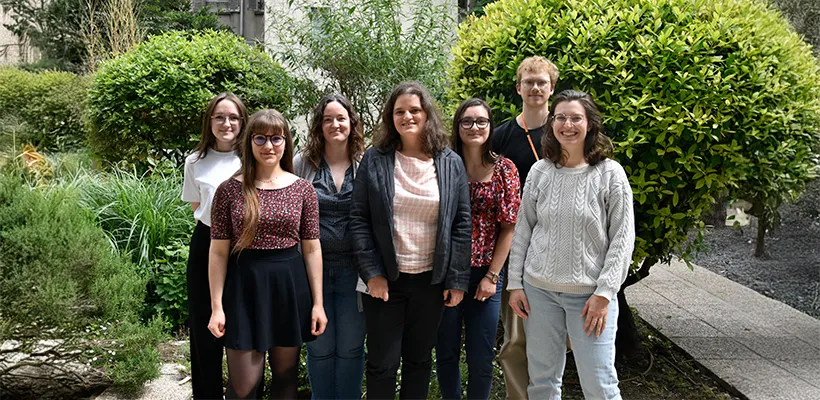Presentation

CD8 T lymphocytes are key players in immune responses, especially those targeting cancer cells. Each CD8 T cell expresses a unique T cell receptor (TCR) specific for a peptide (antigen) presented on class-I major histocompatibility (MHC) molecules. TCR engagement triggers activation of CD8 T cells that proliferate, develop cytotoxic properties, and kill the cells expressing their target antigens. In cancers, various immunosuppressive mechanisms limit CD8 responses. Restoring the efficacy of endogenous anti-tumour immune responses is a key aim of immuno-oncology. Therapeutic vaccination that would specifically boost the immune system to attack tumour cells is an appealing approach. But requires identifying suitable antigens, specifically expressed by tumour cells. Re-expression of developmental genes or mutations acquired by cancer cells can generate tumour antigens. In recent years, antigens deriving from the non-coding genome (more than 90% of the genome) have come into the spotlight as major contributors to tumour immunogenicity and promising therapeutic targets.
In the team, we develop several projects aiming to decipher immunological properties and characteristics of Ags derived from the dark genome. The medium-term objectives are:
To identify strategies to target dark Ags in cancers to improve anti-tumour immune responses.
To integrate the dark genome into immunological theoretical frameworks.













